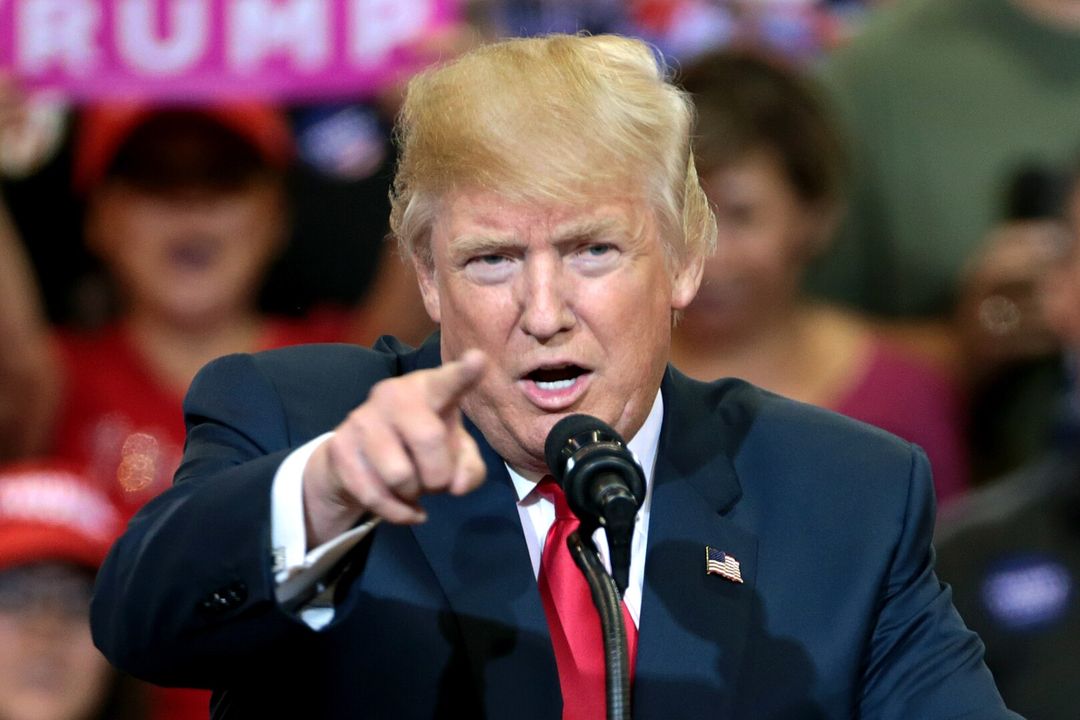The race for the White House has begun between Kamala Harris and Donald Trump. But what would a world with American President Donald Trump look like? A second presidency could have significant impacts on world politics, noticeable in various areas.
International Relations
Tensions with traditional allies could resurface under Trump, especially in Europe, as his "America First" policy prioritizes national interests and could weaken multilateral cooperation — this would have negative effects on NATO and other international alliances. It's possible that Trump's foreign policy could become increasingly isolationist, aiming to reduce the US presence in international institutions and potentially withdraw from agreements and organizations he deems disadvantageous for the US. It is conceivable that tensions with China could escalate due to Trump's tough stance, especially on trade issues and regarding Taiwan, leading to new trade wars and a further deterioration of economic ties between the two superpowers. Trump might seek closeness with Russia by trying to improve relations, possibly by easing sanctions or taking a less confrontational stance towards Moscow's geopolitical ambitions, jeopardizing stability in Europe, especially in Eastern Europe.
Economic Policy
Trump's protectionist economic policy could harm global trade by possibly introducing further tariffs and rejecting multilateral trade agreements in favour of bilateral negotiations, leading to economic uncertainties and tensions with key trading partners. Trump could further distance the US from global trade institutions like the World Trade Organization, potentially jeopardizing the stability of the global trade order.
Climate Policy
It's likely that Trump would intensify withdrawal from climate protection measures, further distancing the US from international climate agreements like the Paris Accord and focusing environmental policy more on promoting fossil fuels. This could significantly weaken global efforts to combat climate change and discourage other countries from maintaining their climate goals. Blocking global climate initiatives could also be part of his policy, by obstructing international climate negotiations and slowing progress on the global energy transition.






